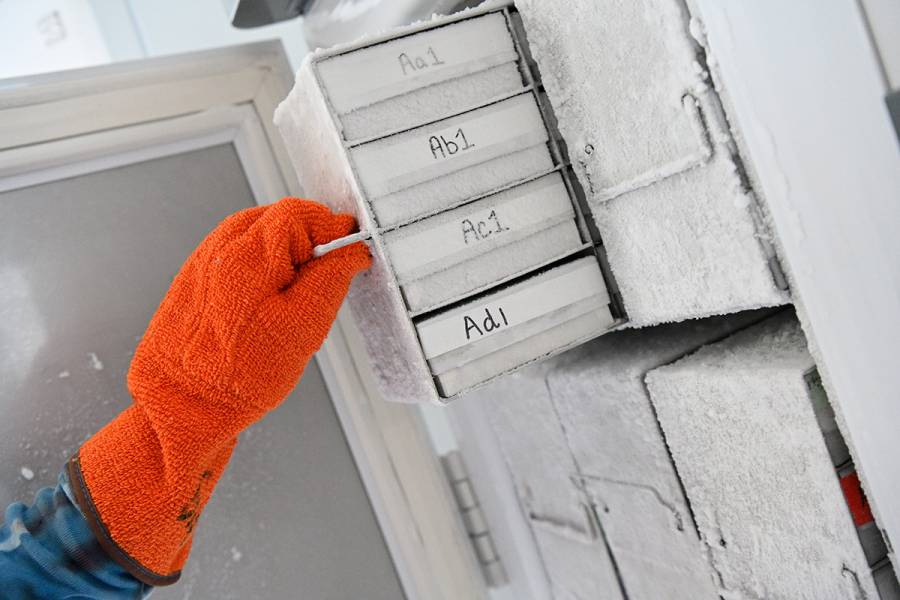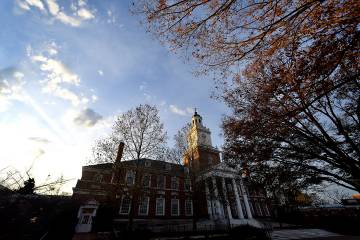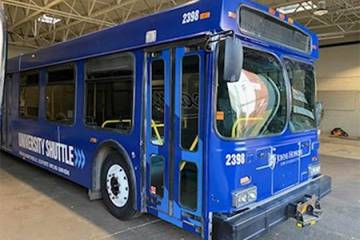Like many laboratories at Johns Hopkins, the Elizabeth Jaffee Lab, which specializes in cancer immunotherapies, relies on ultra-low temperature freezers to store its samples. As part of the International Freezer Laboratory Challenge last year, lab manager James Leatherman had a chance to take stock of all 13 of them.
Some freezers, he says, were more than 10 or 15 years old and needed to be upgraded or replaced. Some were colder than necessary at -80 C and could be tuned higher. Leatherman and colleagues also systematically thawed out each freezer to clear frost buildup and brought in specialists to perform maintenance.
Through these fixes and others, the lab managed to cut the energy consumption of its freezers in half, Leatherman estimates. That's no minor feat, considering that one ultra-low temperature freezer can drain just as much energy as a single-family household over the course of a year.
Johns Hopkins University is now set to participate for a second year of the International Freezer Challenge, hosted by My Green Lab and the International Institute for Sustainable Laboratories. More than 100 universities and research organizations across the world take part in the six-month competition, with points awarded for actions that promote energy efficiency, sample accessibility, and sample integrity.
Hopkins researchers interested in participating in the challenge can sign up by filling out an online form. Virtual information sessions will be held on the third Tuesday of every month—the next is Feb. 15 from 11 a.m. to noon—through July 2022, when final scoresheets for the challenge are due.
"For individual labs, this challenge promotes better cold storage, energy savings for their department, and more peace of mind," Leatherman says. "From an institutional standpoint, it signals that Hopkins is ready to compete on an international scale, and that we're changing our culture to become a better steward of the environment."
In concert with the international challenge, the JHU Office of Sustainability and the Sustainability Leadership Council will host a Hopkins-wide freezer challenge, with monetary awards for labs that reduce their energy consumption most.
Across the university, lab freezers number about 1,800, storing various specimens and samples for research and clinical purposes. Keeping them running costs more than $2 million per year, according to Johns Hopkins Facilities and Real Estate.
In addition to the freezer challenges, 17 labs at Hopkins are now working toward Green Lab certification with the nonprofit My Green Lab, a process that evaluates factors including water usage, waste reduction, fume hoods, and purchasing practices, among others.
For more information on the freezer challenge and best practices for green labs, visit https://sustainability.jhu.edu/iniatitives/green-laboratories.
Posted in University News, News+Info
Tagged sustainability










